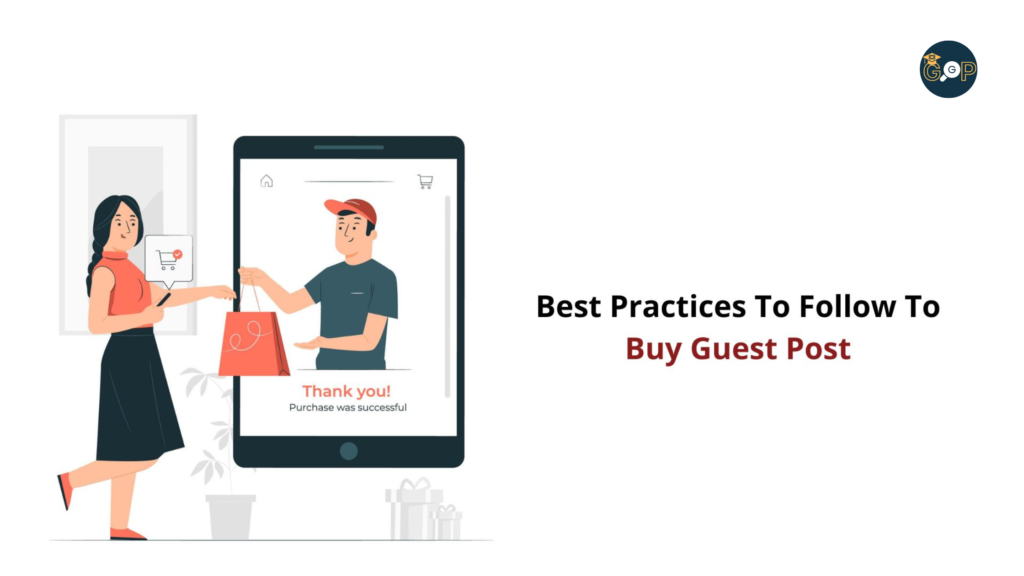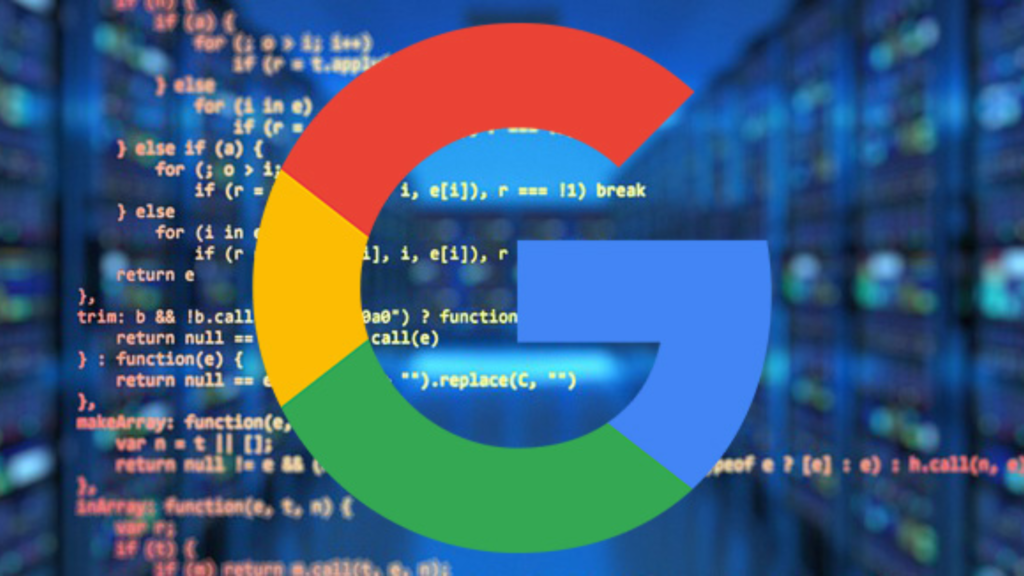Traffic is your website’s bread and butter, you can’t convert if you don’t have visitors flowing through your cyber door. We are often asked about organic and paid search, ie. “which is best?” or “which one would you prefer if you had to choose?” .. particularly when you have a limited budget and are deciding which route to pursue.
To start with THERE IS NO better or worse – these two are ideally complementary to ensure the best outcome, and while they both drive traffic, there’s no easy way to choose given they both can drive great results.
With so many brands competing for attention online, over 60% of businesses say that generating website traffic and leads is their greatest digital marketing challenge.
Nearly 4 billion Google searches are made per day, and Google is responsible for 94% of total organic search traffic. Yet research from Unbounce shows that paid search visitors are 50% more likely to purchase from a brand than organic visitors.
So, before you get lost in a whirlwind of acronyms, buckle up as we unpack SEO and PPC, guiding you towards the winning strategy for your specific business needs.
The Difference Between SEO & PPC
Before we dive into the nitty-gritty, let’s get crystal clear on the two powerhouses driving online visibility: SEO and PPC. Imagine a bustling search engine results page (SERP). Our goal? To get your website noticed there, but how we achieve that takes different paths.
This is where SEO and PPC come in, each offering unique strategies:
- SEO is the patient builder, meticulously optimizing your website to rank organically in search results. Think climbing the SERP ladder one rung at a time, fueled by relevant content and technical finesse.
- PPC is the instant spotlight, grabbing attention through paid ads at the top of the page. It’s like renting a prime storefront on the digital avenue, attracting eyes with targeted campaigns.
Depending on your business, $300-$500 might be enough to see a ROI from PPC.
I’d say that’s more the case with small businesses that provide professional services to a local area though. E-commerce? It wouldn’t be enough imo. But it also depends on what keywords you’re bidding on and how competitive your area is.
If you need results quickly? PPC. Or a hybrid of PPC and SEO. But you’re always going to be stuck shoveling money into it praying that it gets you a ROI and you meet your goals, and if your market is really competitive then it’s going to be really rough.
If you want long-term gains that last even after you stop shoveling money into it, SEO. But you also have to know that SEO is a long game and is going to take more time.
Ultimately this question has a lot of variables that are unknown. What kind of business is it? Location? Is it a service business? Is it e-commerce?
Pros And Cons of SEO
Here are some of the biggest advantages that SEO has:
SEO Advantages
- SEO Lasts
Unlike fleeting paid traffic that disappears with the ad budget, SEO efforts build lasting value.
The optimized content and robust links you cultivate become permanent assets, continuously attracting organic search engine crawlers and delivering long-term visibility.
Even after a break, your SEO foundation stays in place, ready to be reengaged and amplified.
- SEO Has High ROI
While paid advertising incurs direct costs for ranking on Google, SEO offers a substantial return on investment (ROI) through organic traffic, often at a lower upfront cost.
SEO Disadvantages
- SEO Takes Time
While SEO magic might be tempting, remember, climbing the search engine ladder is a marathon, not a sprint. Consistent effort over months is key to seeing your website rise in rankings. Just like Ahrefs’ study found, only a select few reach the top 10 within a year.
But don’t be discouraged! SEO is an investment, but the rewards of sustained visibility are worth the climb.
- SEO Is Hard To Control
While you can’t directly control your precise ranking, optimizing your site with best practices can dramatically improve your chances of appearing on the first page of search results, where most clicks happen.
- High Competition
The SEO climb can be steeper for certain industries. Highly competitive sectors like CBD oil e-commerce face hurdles like fierce keyword competition and regulatory restrictions.
On the other hand, niche markets like pet grooming in Lincoln, Nebraska, might have lower competition but require laser-focused local SEO strategies to climb the rankings.
Pros And Cons Of PPC
PPC Advantages
- PPC Can Get Quick Results
Launch your ads today and get them running as soon as they’re approved. That means immediate access to a pool of potential customers, driving traffic to your site in record time. No delays, just instant exposure and the chance to start converting visitors into loyal fans.
- PPC Gives You Control
Pay-per-click (PPC) advertising gives you unparalleled control over your marketing message. You can choose:
- Which product or service to promote: Highlight your most popular offerings or target specific customer needs.
- How much to spend and for how long: Set a budget that fits your goals and adjust it as needed.
- Your messaging: Craft compelling ad copy that resonates with your target audience.
PPC lets you focus on keywords with high purchase intent, meaning people are actively searching for solutions. For example, if you run a dental practice, bidding on keywords like “emergency dentist near me” or “24-hour dental care” can attract potential patients who need immediate help.
Benefits of PPC for Your Business
- Reach the right audience: Target your ideal customers with laser precision using demographics, interests, and online behavior.
- Measurable results: Track your campaign performance closely and see exactly what’s working and what’s not.
- Fast results: Start seeing results quickly, especially when targeting high-intent keywords.
- Flexible budget: Adjust your spending as needed to fit your marketing goals.
- Start Capturing Opportunities with PPC Today
Ready to take control of your advertising and reach new customers? PPC can be a powerful tool for driving growth and success. Contact a PPC expert today to learn more about how to create a winning campaign for your business.
- You Can Test Different Strategies Quickly With PPC
Keywords, messaging, visuals, and countless other elements can be tweaked and analyzed, revealing the highest-converting combinations. This makes PPC a fantastic precursor to SEO, giving you a roadmap before investing heavily in organic reach.
Of course, optimization takes time. Crafting compelling ad copy, landing pages, and fine-tuning your keyword strategy – it all adds up. But the rewards are substantial! Imagine scaling up leads from decent prospects to clients eager to invest $7,500 monthly in your services. That’s the power of PPC optimization.
Take our own search ads, for example. We initially adopted a generic approach, but then discovered gold by pinpointing common pain points like frustration and fatigue (applicable to any IT service user).
We leveraged this optimization strategy for our display ads too, swapping out generic visuals for imagery that resonated with a driven, take-charge business owner. The results speak for themselves!
- With PPC You Can Follow Up With Retargeting
Take control of your ad experience with PPC! Choose custom ad formats and campaign types, with retargeting standing out as a game-changer.
This powerful tool lets you reconnect with past website visitors or ad viewers, keeping your brand top-of-mind and boosting conversion rates.
PPC Disadvantages
- PPC Can Be “Expensive”
Across industries, the cost per click (CPC) for PPC ads can vary wildly, ranging from mere pennies to a staggering $200.The beauty of PPC, however, lies in its precision: you only pay when someone actively engages with your ad by clicking through.
For law firms seeking “Personal Injury Lawyer” leads, the average CPC sits at a substantial $110, reflecting the competitive nature of this legal niche.
Which Should You Use?
A common misconception when boosting website visibility is choosing between SEO and PPC. However, you don’t have to pick just one! Combining SEO and PPC can be a powerful strategic duo. Let’s explore how:
- Synergy for Success: Optimized content (SEO) strengthens your PPC ads, making them more relevant and targeted. Conversely, PPC data reveals valuable insights for further SEO refinement.
- Double the Visibility: PPC puts your brand at the top of search results instantly, while SEO builds long-term organic visibility. You dominate both immediate and future searches.
- Precise Targeting: PPC’s laser-focused targeting reaches qualified leads quickly, while SEO attracts a broader audience that can be nurtured into future customers. Together, they cover all bases.
Use PPC data to fuel your SEO campaigns
For some of our SEO clients, building organic presence is a marathon, not a sprint. They smartly complement their long-term SEO efforts with targeted PPC campaigns, reaping benefits on both fronts.
PPC delivers immediate revenue boosts, ensuring healthy cash flow while they patiently climb the organic ladder. Meanwhile, SEO lays the foundation for sustained success by targeting high-ROI keywords with long-term potential.
This strategic blend attracts a steady stream of qualified traffic that converts into loyal customers for years to come.
But their data-driven approach goes beyond just immediate revenue. They leverage PPC insights to refine their keyword targeting for SEO, identify content gaps based on newly acquired customers, and double down on solving common pain points.
This dynamic interplay between paid and organic efforts fuels lasting growth, proving that the future of online marketing lies in a well-orchestrated synergy.
Use Remarketing To Get More ROI From Your SEO Efforts
While you patiently cultivate organic traffic via SEO, consider turbocharging your outreach with targeted PPC campaigns.
This powerful combo, known as remarketing, unlocks hidden gems when SEO and PPC join forces.
Think of it as nurturing past visitors. They’ve encountered your brand, and now, unlike your competitors, you’re subtly reminding them you’re around.
The cherry on top? Remarketing boasts significantly lower costs compared to standard search campaigns.
Retargeting can slash them by more than 50%, sometimes even more! Just check out the example below – our own cost plummeted from $4.90 per click to a sweet $0.92!
This SEO-PPC synergy packs a punch: re-engage former visitors, enjoy dramatically lower costs, and leave your competitors in the dust. So, while SEO builds your long-term traffic fortress, consider remarketing’s targeted outreach for a dynamic marketing duo.
Witness the power of cost reduction! In our example below, watch as our clicks plummet from $16.17 to just $1.04!
Final Thoughts
Both SEO and PPC offer distinct advantages and drawbacks. Choosing the right fit depends on your immediate needs. Need leads now? PPC delivers faster results.
Willing to play the long game? SEO builds sustainable, organic traffic. Ideally, a combined approach tackles both short-term urgency and long-term growth.
By strategically pairing PPC’s rapid visibility with SEO’s lasting impact, you reap immediate gains while nurturing future success.



